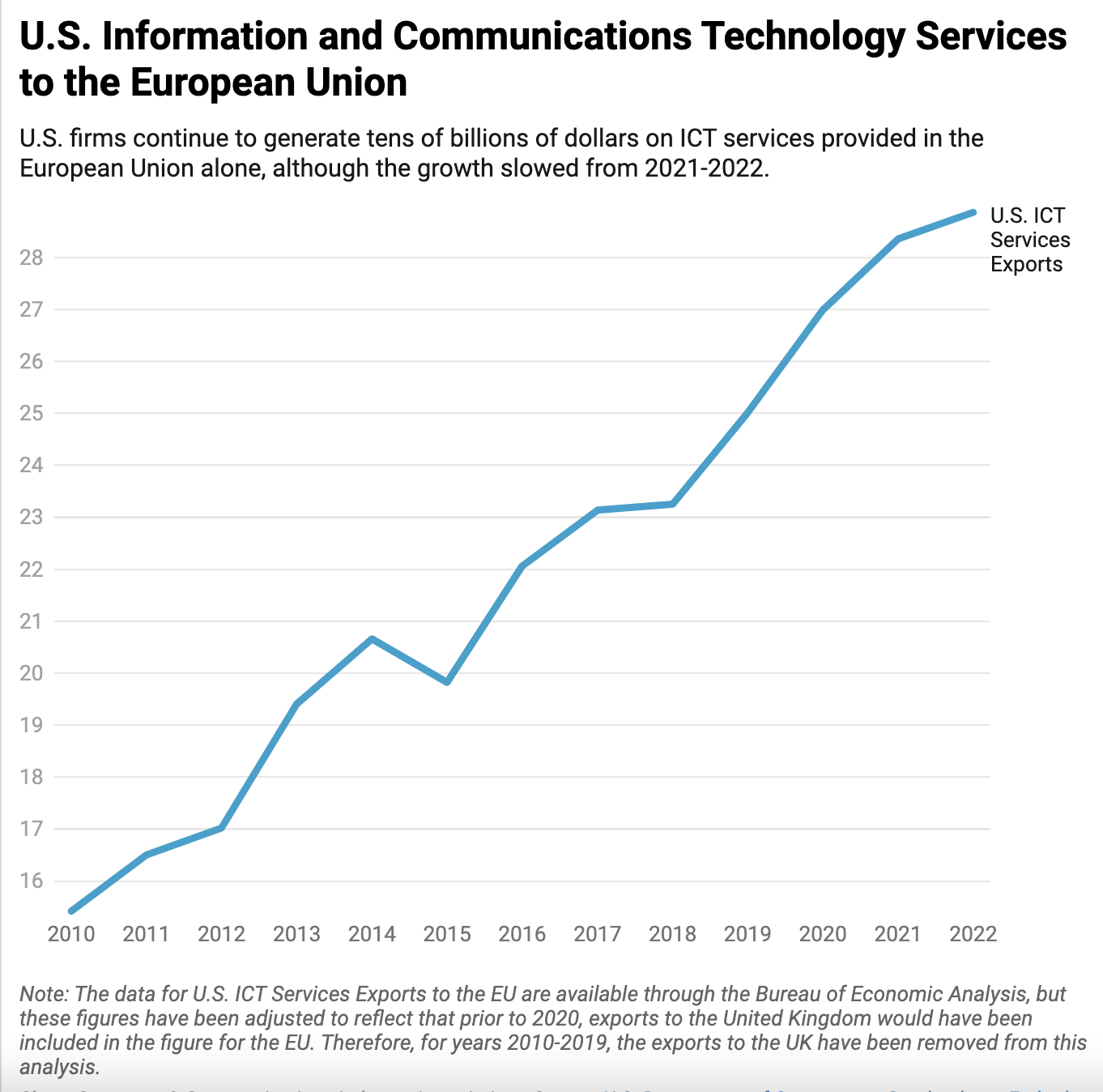The Digital Services Act’s Moment of Truth: Implementation

Now that European lawmakers have finally rubber-stamped the Digital Services Act (DSA), this flagship piece of EU legislation is going to be put to the test: it needs to be implemented in practice. This blog post looks at the next steps in that process. What needs to happen to make the DSA come to life? When will Europeans actually start seeing the benefits of the DSA?
What’s needed for implementation?
Implementation of the DSA requires the European Commission to adopt so-called implementing and delegated acts. While some might argue that these acts merely serve to ensure uniform implementation across all 27 EU Member States, they are in fact essential for companies that seek to clarify how the DSA applies to them and how to ensure compliance. Moreover, all these acts will also be further scrutinised by national representatives and experts, as well as other European institutions.
Two acts in particular play an important role in the DSA’s implementation. The first one will have to define the methodology to calculate the “number of average monthly active recipients of the service in the Union”. Given the very diverse nature of online platforms, this is likely to become a complex discussion. For example, how does one define the “active users” of an online marketplace? Are we talking about first-time visitors that are casually browsing or only people that actually buy something?
Once this metric has been established, the European Commission will use it to designate very large online platforms (VLOPs), which are those with at least 45 million “active users” in the EU. This is important, because these VLOPs have a multitude of additional obligations to meet and extra rules to implement compared to other online platforms, and they will get less time to do so.
The second key act will determine how the supervision fee that each VLOP has to pay should be calculated, as well as the actual amount that needs to be paid. Although the Commission says it intends to limit the fee to the costs incurred by the DSA, the companies that actually end up paying should be involved to make sure it’s a proportionate and transparent process.
Indeed, in both cases, real-life implementation of the DSA will require the European Commission to work hand-in-hand with the companies concerned. Other acts are also still due: specifying, for example, what kind of template intermediaries and online platforms should use to publish transparency reports, the rules for independent audits of VLOPs, as well as the technical conditions for Digital Services Coordinators (DSCs) and researchers to access VLOP data.
The Digital Services Act also tasks the European Commission with providing additional guidance on several requirements, such as the designation of trusted flaggers by DSCs, the prohibition of dark patterns, further strengthening the code of practice on disinformation, and the online protection of minors. The DSCs themselves will have to certify out-of-court dispute settlement bodies and can develop national tools and local guidance on complaint and redress mechanisms. This guidance will also be necessary for the DSA to come into full effect.
Are EU and national institutions actually ready?
Commissioner Thierry Breton recently gave a sneak peek at how the Commission intends to organise its enforcement of the DSA. This plan includes hiring 100 new staff members to strengthen the Commission’s directorate-general dedicated to digital affairs (DG CONNECT), additional support for several other departments, and the creation of a European Centre for Algorithmic Transparency. Given the vast amount of work that will go into preparing, implementing, and enforcing the DSA this is a step in the right direction – although it remains to be seen whether it will be enough.
What is more, all 27 EU Member States now have to appoint their national DSCs within the next 15 months. These DSCs will be independent authorities responsible for supervising the services established in their respective countries, thus playing a key role in the DSA implementation process.
To cut a long story short, as things stand today, the EU institutions still have to provide plenty of instructions – and consult many different stakeholders – before the Digital Services Act can become a harmonised framework that all Europeans benefit from.
Companies governed by the DSA are starting to adapt their operations to the new rules and obligations, but they cannot complete this process without further guidance from both European and national authorities. After all, the effectiveness of the DSA will stand or fall with proper implementation of the entire legal framework that surrounds it.








